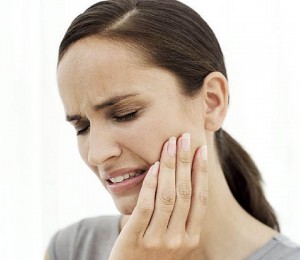Toothache is a pain that can be felt around a tooth and/or supporting structures. It is a common type of orofacial pain, when it’s severe it considers dental emergency. There may be several impacts on sleep, eating and any other activities. The relief of a toothache is the most common responsibilities of a dentist.
Causes of toothache
The primary cause of toothache is tooth decay. The inflammation of the soft, center part of the tooth causes tooth pain. This pain may be caused by the following:
- Infection of the root of the tooth
- Damaged filings
- Repetitive motion
- Infected gums
- Broken teeth

Learn toothache symptoms
- Pain in you tooth and mouth. These are the primary symptom of a toothache.
- Sharp, throbbing or constant pain
- Swelling
- Tastes bad in the mouth. It may come from an infection of the tooth.
- Fever, headache
- Earache
What symptoms may accompany toothache?
The indications of toothache may look like other medical conditions. This causes the surrounding bones to become infected. Because the indications of a toothache can bear a resemblance to other medical situations or dental difficulties, it’s challenging to detect the reason without a comprehensive assessment by your dentist. If you can see discharge immediate to the source of the pain, your tooth may develop abscessed; causing the neighbouring bone to become infested or the pus can show gum disease. This typically characterized by swelling of the soft muscle. Bleeding gums and strange damage of bone nearby the teeth may also be considered.
Interact with your dentist immediately if you have any of the following indications:
- Fever
- If toothache is severe
- Toothache lasts longer than 1 or 2 days
- Difficulty breathing or swallowing
- Swelling around the tooth area
- Pain when you bite
- A foul-tasting discharge
- Continuous lasting pain
Toothache may be triggered by some factors, such as cold drinks or food, sweet foods, putting pressure on the tooth and biting down on anything.
Treatment on toothache depends upon the exact cause.
Ways to prevent toothache
- Brush your teeth at least twice a day.
- Eat foods low in sugar.
- Rinsing with an antiseptic twice a day.
- Floss at least once a day to prevent gum disease.
- Visit dentist regularly for examinations, such as oral examination and professional cleaning.
